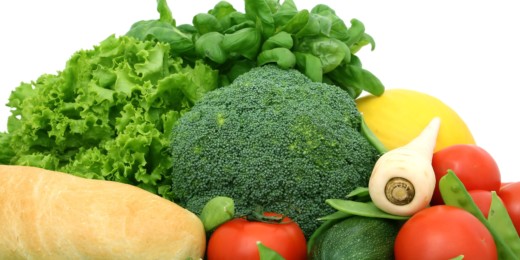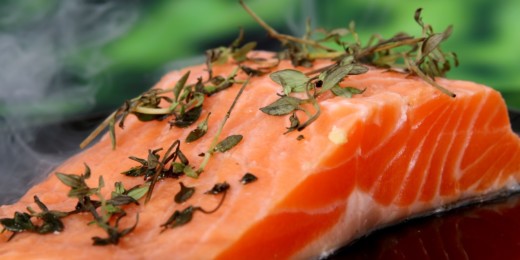A vegetarian or plant-based diet eliminates meat and meat products.
There are several variations depending on whether additional animal products are consumed; ranging from vegan (avoidance of all animal products) to flexitarian (meat or fish occasionally consumed). With these exceptions, all other food sources are permissible. Many vegetarians restrict their diets beyond a health rationale for ethical (animal cruelty) and environmental reasons (to reduce the resources consumed and pollution produced). In general, most people's diets could be improved by moving in the direction of less meat intake.
Health rationale slogan: By cutting out meat, you avoid an unhealthy food.
Analysis: Numerous studies have shown that a vegetarian diet is one of the most effective for maintaining health. Plant-based diets are healthier than diets where meat is consumed, whether measured by the occurrence of heart disease, cancer, or death. These benefits are likely because of both the avoidance of meat and the predominance of dietary vegetables and fruits. Lack of all animal foods does create a potential risk of vitamin B12 deficiency, so supplementing for this micronutrient may be necessary. In contrast, despite a common misperception, meat consumption is not necessary to obtain a sufficient intake of protein.
Dominant sources of protein: Legumes (including soy products), nuts, grains. For ovo-lacto vegetarians, dairy and eggs are added protein sources.
Most common fats: Mostly mono- and poly-unsaturated fats (good fats)
Most common carbs: Good carbs found in fibrous vegetables, fruits, beans/legumes and grains
Variations: Including eggs and dairy products (ovo-lacto vegetarian), including fish only (pescetarian), including meat on occasion (flexitarian), or eliminating all animal products (vegan) are options.
Easy to follow?: Relatively easy to follow at home, but sometimes more difficult in some restaurants or some regions of the country. More difficult for vegans.
When it goes wrong: For the average American, meat is a dominant part of many meals. Substituting highly processed plant-based products where sugars and refined flour dominate will create an unhealthy vegetarian diet; for example, cake is vegetarian. For ovo-lacto vegetarians, overconsumption of dairy products with added sugars (e.g., ice cream, and most snack-size fruited yogurt products) is another potential problem.
To make it healthier: A vegetarian diet emphasizing fibrous vegetables, beans/legumes, fruits and whole grains facilitates health. A plant-based pattern of eating will remain a healthy diet as long as highly processed foods are minimized. Although many are concerned that a plant-based diet won't provide enough protein, this is actually unusual. According to Stanford nutrition scientist Christopher Gardner, PhD: "It would be extremely challenging for an ovo-lacto vegetarian to find a combination of foods and beverages that would provide enough calories to maintain a healthy weight, but would be deficient in the quality or amount of protein."
If you're going to cheat: Eating fish and/or poultry can provide an additional source of protein, that is more healthy than other meats. For some, eating humanely raised or caught animals has fewer ethical and environmental downsides compared to meat mass-produced through industrial farming.
Conclusion: A vegetarian diet can be a great choice given the benefits of many plant-based foods. It is not difficult, however, to turn a vegetarian diet into an unhealthy diet by eating too many processed carbs by way of desserts, breads, and ready-made foods. In general, most non-vegetarians could move towards a healthier diet by reducing their consumption of meat and instead substituting fibrous vegetables, beans/legumes, fruits, and whole grains.
This is the third post in a series called A Skeptical Look at Popular Diets. The series will review the eight currently most prominent diets in America. The next blog post will discuss the ketogenic diet.
Randall Stafford, MD, PhD, is a professor of medicine at Stanford. He practices primary care internal medicine and studies strategies for preventing chronic disease. Stanford professor and nutrition scientist Christopher Gardner, PhD, examines the impact of diet on health and disease. Min Joo Kim provided research assistance.
Photo by sonyakamoz






